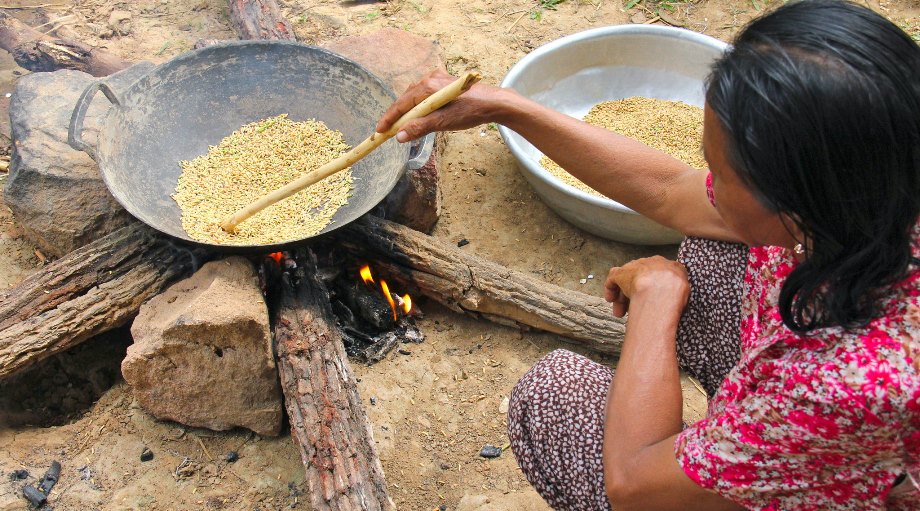EU Social Protection Systems Programme (EU-SPS)
Duration:
Unit at THL:
On other websites:
- A brief overview
- Programme focus areas and results
- Information on project partners
- Financing and implementing parties
The purpose of the EU Social Protection Systems Programme (EU-SPS) was to work with partner country stakeholders to facilitate social protection system reforms prioritised by the partner Governments. The Programme focused particularly on the inclusivity and sustainability of social protection systems, as well as partner countries' domestic analytic and management capacities in social protection. EU-SPS has run since 2015 and is coming to a close at the end of April 2019.
See guidance notes and videos on our lessons learned
Learn more about the Programme's key areas of action
Contact details
Programme focus areas and results
The approach of EU-SPS to social protection was to promote comprehensive social policies. This means that social policy should be understood as the complete system made up by social assistance, social insurance, active labour market measures, and access to essential social services and care.
Read more about the comprehensive social policy framework
Different partner countries wished to prioritise different aspects of social protection capacity. Some areas of focus in the EU-SPS included:
- extending social protection coverage to informal workers
- developing social protection curricula
- training social protection professionals
- assessing existing social protection capacities
Besides traditional guidance notes, the programme also supported the production of videos which describe the various actions taken, what was learned, and what is requested by local partners.
See guidance notes and videos on our lessons learned

EU-SPS cooperated closely with partner countries
The ten low- and lower middle-income partner countries were the following:
Cambodia
Ethiopia
Indonesia
Kyrgyz Republic
Mozambique
Namibia
Tanzania
Togo
Vietnam
Zambia
The different activities in each country were designed in cooperation with the national agency appointed by the partner government to work with the EU-SPS. The activities carried out were ones that partner governments determined and prioritised as suitable areas of cooperation.
More information about the selection of partner countries
The EU-SPS has also worked in close cooperation with stakeholder in partner countries. These have included:
- national social protection policy makers and policy implementation planners
- research institutes
- universities
- think tanks
- civil society organisations
- service and care providers
- the national and international partners of these stakeholders
EU-SPS was an EU Action implemented by two agencies
The EU-SPS is an EU Action co-financed by the European Commission, the OECD and the Government of Finland.
The implementing agencies for the EU-SPS are the OECD Development Centre and the Government of Finland’s National Institute for Health and Welfare (abbreviated ‘THL’ in Finnish).
More information on the partner agencies:
EU-SPS brochure: overview (pdf 1.4 MB)
EU-SPS brochure: actions in Africa (pdf 1.8 MB)

The EU-SPS programme management team is responsible for the contents of this website and it does not necessarily represent fully the official views of the co-financing partners.

The purpose of the EU-SPS Programme is to work with the partner country stakeholders in order to facilitate social protection system reforms prioritised by the partner Governments.
EU-SPS coordinates its activities closely with the global joint efforts of the Social Protection Inter-Agency Cooperation Board (SPIAC-B), coordinated by the World Bank and ILO.
SPIAC-B website



